
The current trend in writing is to tread carefully when using figurative language because descriptions may be offensive, such as comparing people with foods. So, even though my complexion is cappuccino and my eyes are almond-shaped, I’m not allowed to say that; even about my own self. It’s considered feeding a stereotype. In the Caribbean, we often made jokes by claiming, “I’m not really brown, I just stayed in the sun too long.” Or, “My hair’s not really kinky, it’s the humidity.”
From time immemorial, (I’m not really saying that time is old. Experienced perhaps?), people have been all colors, shapes, and sizes. Writers, artists and photographers capture what they see. Okay, maybe some artists were punished if the sovereign didn’t like how they were depicted, but a photo doesn’t lie. Yeah, that’s really you. Though nowadays you can doctor it up in photoshop.
It would seem that one may no longer describe characters as ‘cute as a button,’ ‘cool as a cucumber,’ ‘mean as a junkyard dog,’ ‘thick as thieves’, or ‘slow as molasses.’
Although, I don’t think the scarecrow from the Wizard of Oz would be offended if I called him a stuffed shirt ‘cause he was. And Jacob Marley will forever remain ‘as dead as a doornail.’
When we order coffee, do we no longer ask for a ‘short’ or ‘tall’?
The characters writers create are fictional. Figurative Language: metaphors, similes and personification, show the reader how the character perceives themselves and/or how they are perceived by others. All of which help the reader to understand the conflicts and motivations in their lives that cause them to act as they do. Descriptive language is also the artistic palette that allows readers to see the characters.
Mirror, mirror on the wall. We are who we are. When did we become so sensitive and easily offended?
In our overzealousness to be politically and diversely correct, we risk creating flat, unrealistic and unbelievable characters that by page five are dead on arrival.
Sometimes I wonder who is this collective that wants to do away with metaphors, similes and personification? As in the Wizard of Oz, I would like to draw back the curtain to reveal the ‘all-powerful’ entity controlling the literary world.
I don’t care what anyone says, the truth is the truth. My grandfather was black as tar, my father thin as six o’clock, my best-friend cackled like a chicken, my aunt nattered like a monkey, my uncle snored like a chainsaw.
And the world really is round, no matter how flat ‘they’ think it is.
See you next time on August 22nd!
Veronica Jorge
- Author Bio
- Recent Posts
- Books by Veronica Jorge
- Book Reviews by Veronica Jorge
-
January 1, 2026
Featured Author Veronica Jorge credits her love of history to the potpourri of cultures that make up her own life and to her upbringing in diverse Brooklyn, New York.
-
December 22, 2025
The last of the leaves have fallen from the trees and covered the ground in colors of orange, yellow, red and green.
-
November 22, 2025
I didn’t lose my voice. I just can’t find the heart of my story or the right words to express it.
-
October 22, 2025
When you love someone, you want to know everything about them. That someone, in this case, was my maternal grandmother. We shared a close bond, but there was a wrinkle on the face-map of her life that I could not trace. I wish I had asked her my questions while she was still with me.
-
September 22, 2025
The Many Colors of Us: Remembering 9/11
by Veronica JorgeMost people are a combination of various cultures, though I think their ancestors tended to confine their marriages to one continent.
Mine didn’t.
Nothing Found

Related
Affiliate Links
A Slice of Orange is an affiliate with some of the booksellers listed on this website, including Barnes & Nobel, Books A Million, iBooks, Kobo, and Smashwords. This means A Slice of Orange may earn a small advertising fee from sales made through the links used on this website. There are reminders of these affiliate links on the pages for individual books.
Search A Slice of Orange
Find a Column
Archives
Featured Books
FAERY SWAP
Warrior faery princes can be very stubborn. Especially when they possess your body.
More info →MAC AND CHEESE, PLEASE, PLEASE, PLEASE
They liked macaroni and cheese SO much, if they could, they would eat it for breakfast, dinner, and lunch!
More info →SEASIDE SWEETS
After her ex runs up her credit card, clears her bank account, and gets her fired, Seanna escapes to Seaside, Florida where the men are hot as the Gulf Coast sun…one in particular.
More info →Newsletter
Contributing Authors
Search A Slice of Orange
Find a Column
Archives
Authors in the Bookstore
- A. E. Decker
- A. J. Scudiere
- A.J. Sidransky
- A.M. Roark
- Abby Collette
- Alanna Lucus
- Albert Marrin
- Alice Duncan
- Alina K. Field
- Alison Green Myers
- Andi Lawrencovna
- Andrew C Raiford
- Angela Pryce
- Aviva Vaughn
- Barbara Ankrum
- Bethlehem Writers Group, LLC
- Carol L. Wright
- Celeste Barclay
- Christina Alexandra
- Christopher D. Ochs
- Claire Davon
- Claire Naden
- Courtnee Turner Hoyle
- Courtney Annicchiarico
- D. Lieber
- Daniel V. Meier Jr.
- Debra Dixon
- Debra H. Goldstein
- Debra Holland
- Dee Ann Palmer
- Denise M. Colby
- Diane Benefiel
- Diane Sismour
- Dianna Sinovic
- DT Krippene
- E.B. Dawson
- Emilie Dallaire
- Emily Brightwell
- Emily PW Murphy
- Fae Rowen
- Faith L. Justice
- Frances Amati
- Geralyn Corcillo
- Glynnis Campbell
- Greg Jolley
- H. O. Charles
- Jaclyn Roché
- Jacqueline Diamond
- Janet Lynn and Will Zeilinger
- Jaya Mehta
- Jeannine Atkins
- Jeff Baird
- Jenna Barwin
- Jenne Kern
- Jennifer D. Bokal
- Jennifer Lyon
- Jerome W. McFadden
- Jill Piscitello
- Jina Bacarr
- Jo A. Hiestand
- Jodi Bogert
- Jolina Petersheim
- Jonathan Maberry
- Joy Allyson
- Judy Duarte
- Justin Murphy
- Justine Davis
- Kat Martin
- Kidd Wadsworth
- Kitty Bucholtz
- Kristy Tate
- Larry Deibert
- Larry Hamilton
- Laura Drake
- Laurie Stevens
- Leslie Knowles
- Li-Ying Lundquist
- Linda Carroll-Bradd
- Linda Lappin
- Linda McLaughlin
- Linda O. Johnston
- Lisa Preston
- Lolo Paige
- Loran Holt
- Lynette M. Burrows
- Lyssa Kay Adams
- Madeline Ash
- Margarita Engle
- Marguerite Quantaine
- Marianne H. Donley
- Mary Castillo
- Maureen Klovers
- Megan Haskell
- Melanie Waterbury
- Melisa Rivero
- Melissa Chambers
- Melodie Winawer
- Meriam Wilhelm
- Mikel J. Wilson
- Mindy Neff
- Monica McCabe
- Nancy Brashear
- Neetu Malik
- Nikki Prince
- Once Upon Anthologies
- Paula Gail Benson
- Penny Reid
- Peter J Barbour
- Priscilla Oliveras
- R. H. Kohno
- Rachel Hailey
- Ralph Hieb
- Ramcy Diek
- Ransom Stephens
- Rebecca Forster
- Renae Wrich
- Roxy Matthews
- Ryder Hunte Clancy
- Sally Paradysz
- Sheila Colón-Bagley
- Simone de Muñoz
- Sophie Barnes
- Susan Kaye Quinn
- Susan Lynn Meyer
- Susan Squires
- T. D. Fox
- Tara C. Allred
- Tara Lain
- Tari Lynn Jewett
- Terri Osburn
- Tracy Reed
- Vera Jane Cook
- Vicki Crum
- Writing Something Romantic
Affiliate Links
A Slice of Orange is an affiliate with some of the booksellers listed on this website, including Barnes & Nobel, Books A Million, iBooks, Kobo, and Smashwords. This means A Slice of Orange may earn a small advertising fee from sales made through the links used on this website. There are reminders of these affiliate links on the pages for individual books.


























































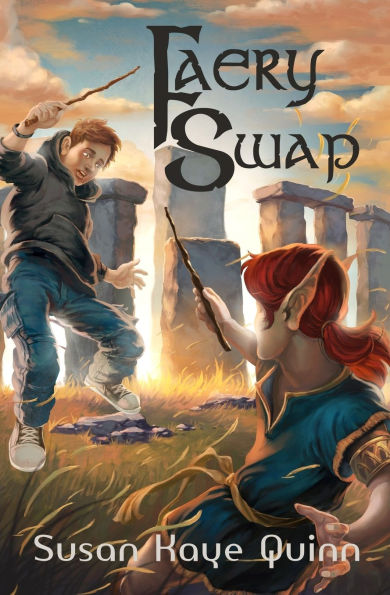








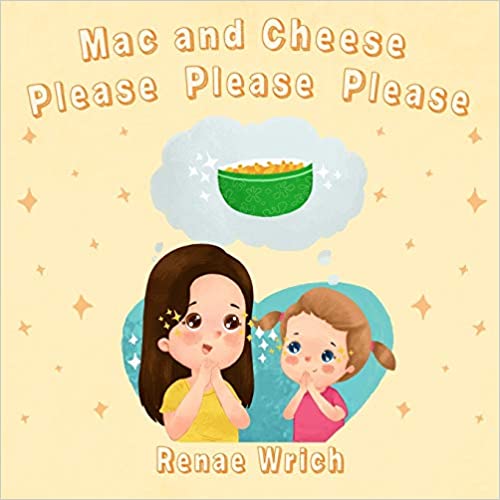
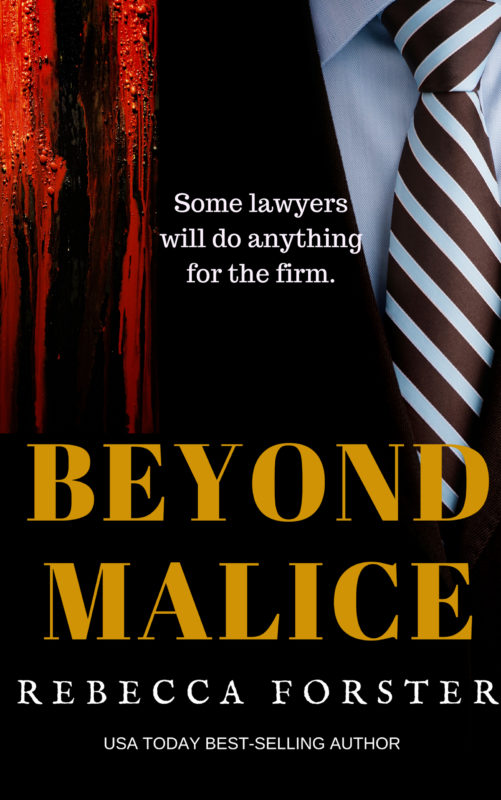
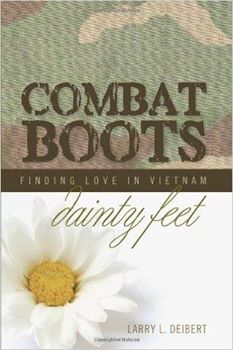
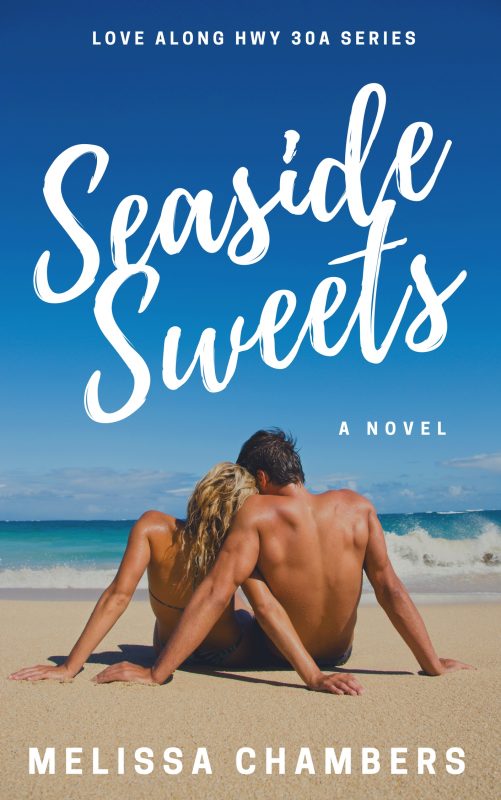




























Thank you, Veronica, for an astute article to remind writers to be thoughtful when describing characters, to capture their personalities, their strengths or weaknesses within their features without resorting to insulting stereotypes.
Hi Sharon,
Thank you for taking the time to read and comment.
Standing ovation! Wonderful piece, Veronica. I have had politically correct readers take me to task for these things. But if writers lose the right to their observations and their art we might as well pack it in. Well done. Thank you so much.
Hi Rebecca, Thanks for the resounding hand clap 🙂
Hi Veronica,
what a delightful little essay.
The thought of omitting colour and colourful description from any form of writing would be as bland as those who suggest such an action.
Without doubt… I’m as happy as a lark:)
Hi James, Thank you for your encouraging words. And your ending, ‘happy as a lark.’ 🙂
Excellent points, Veronica. The extent to which we have become sensitive has become absurd, I think. But the extent to which we have become insensitive is also absurd!
Hi Neetu, Yes indeed. Important to always maintain balance.